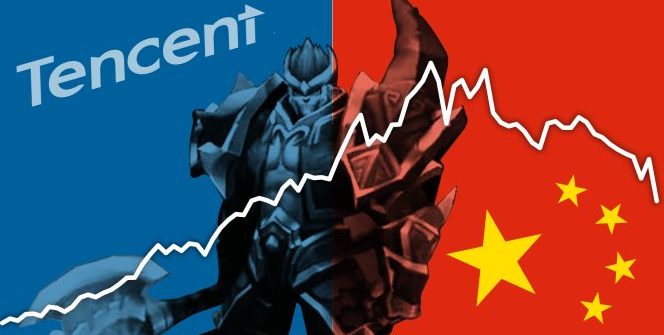After the country has severely slashed the allowed playtime for the players, there might be further Draconian measures in China.
South China Morning Post reports that the Chinese regulators are pulling the handbrake on the approvals for online games, allowing fewer games to be legally available in the country. It happened after Tencent’s and NetEase’s executives were invited for a friendly chat by the country’s regulators, Bloomberg wrote.
The Chinese Communist Party’sParty’s official press agency, Xinhua, reports that the two companies (both of which are heavily into the gaming industry in the West, too) were asked to stop focusing solely on profit. They have to act to prevent minors from spending too much time playing video games Kotaku says based on Xinhua.
“The authorities ordered the enterprises and platforms to tighten examination of the contents of their games. Obscene and violent content and those breeding unhealthy tendencies, such as money-worship and effeminacy, should be removed,” according to Xinhua. The effeminacy quote is easy to explain: Chinese society is slowly ageing, and there aren’t enough children to make up for it, and the CCP wants young people to have more children.
After the two companies got summoned, their respective stocks dipped pretty severely, losing a combined value of sixty billion dollars. However, Bloomberg added that they recovered some of the losses. Tencent saw a 2.8% drop, while Netease ended up with a 2% fall.
From March to December 2018, the game approval process saw a freeze, so it’s not the first time we see such a pause, and we’d mention this playtime situation: think of pretty aggressive limitations. From Monday to Thursday, no playing is allowed. From Friday to Sunday (and on public holidays), a single hour between 8 and 9 PM is permitted for the youngsters… Since Tencent is implementing facial recognition software in its games, cheating is effectively impossible.
Meanwhile, in South Korea, we see the opposite happening, as the government is pretty much handing over the regulation to the parents so that they can set how much time their children can play…
Source: Gamesindustry







![[TGA 2025] Star Wars: Galactic Racer Focuses on High-Stakes Podrace Runs [VIDEO]](https://thegeek.games/wp-content/uploads/2025/12/theGeek-Star-Wars-Galactic-Racer-302x180.jpg)








Leave a Reply